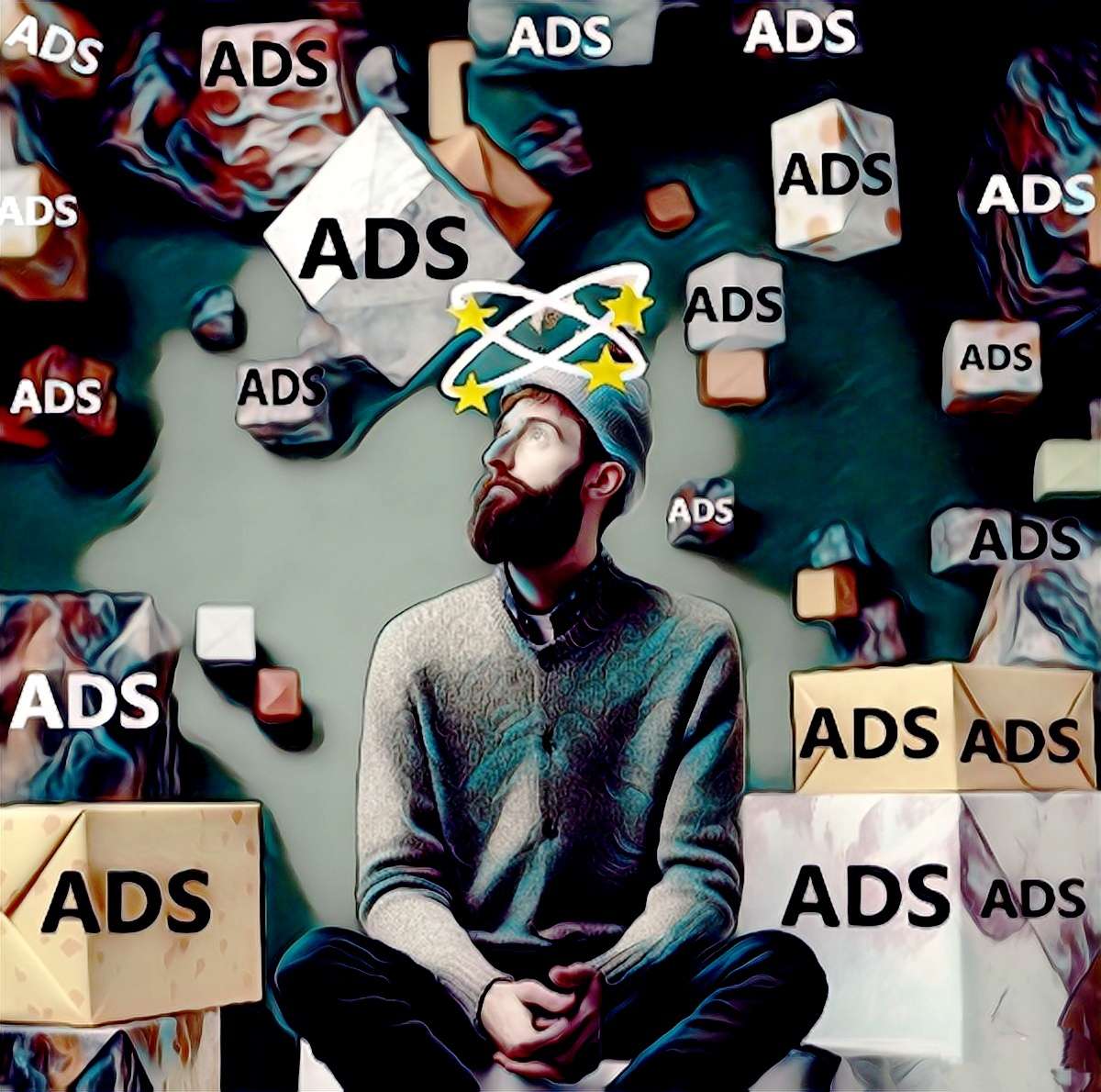
In today’s fast-paced world, consumers are inundated with a constant barrage of advertisements and marketing messages from various sources, including traditional media, digital platforms, and even public spaces. This overwhelming influx of information can lead to confusion, decision fatigue, and even mistrust in brands. Let’s explores how advertising and marketing are contributing to information overload and its potential consequences.
The Evolution of Advertising and Marketing
Advertising and marketing have evolved significantly over the years, keeping pace with technological advancements and changing consumer behaviors. The advent of the internet and social media has created new channels for brands to reach potential customers, leading to a proliferation of advertising content. Additionally, the rise of data analytics and targeted advertising has enabled marketers to deliver highly personalized messages to individuals, further intensifying the volume of information consumers are exposed to.
The Impact of Information Overload
The constant bombardment of advertisements and marketing messages can have a profound impact on consumers. Some of the key consequences of information overload include:
- Decision Fatigue: When faced with an overwhelming number of options, consumers may experience decision fatigue, making it difficult to choose the best product or service. This can lead to indecision, dissatisfaction, and ultimately, a decrease in purchasing behavior.
- Cognitive Overload: The human brain has a limited capacity to process information. When exposed to excessive amounts of advertising and marketing content, individuals may experience cognitive overload, which can impair their ability to think critically and make informed decisions.
- Advertising Blindness: As consumers become increasingly desensitized to advertising, they may develop advertising blindness, tuning out messages that they perceive as irrelevant or intrusive. This can reduce the effectiveness of advertising campaigns and diminish brand awareness.
- Mistrust of Brands: The constant barrage of marketing messages can erode consumer trust in brands. When consumers feel overwhelmed by advertising and believe that brands are more interested in making a sale than providing value, they may become skeptical and less likely to engage with brands.
- Negative Impact on Mental Health: Excessive exposure to advertising and marketing content can contribute to stress, anxiety, and even depression. The constant pressure to consume and the fear of missing out can take a toll on mental well-being.
- Social Isolation: The proliferation of advertising and marketing on social media platforms can create a sense of social isolation. Consumers may feel pressured to keep up with the latest trends and products, leading to feelings of inadequacy and exclusion.

Strategies for Mitigating Information Overload
While it is challenging to completely eliminate information overload, there are strategies that brands can adopt to reduce its negative impact:
- Quality Over Quantity: Instead of focusing on quantity, brands should prioritize quality in their advertising and marketing efforts. This means creating meaningful and relevant content that resonates with consumers and provides value.
- Personalization and Relevance: By leveraging data analytics and targeted advertising, brands can deliver personalized messages that are more likely to capture the attention of consumers. This can help to reduce the overall volume of information consumers are exposed to and improve the effectiveness of marketing campaigns.
- Transparency and Honesty: Building trust with consumers is essential in today’s marketing landscape. Brands should be transparent about their products, services, and marketing practices. By being honest and open with consumers, brands can foster trust and loyalty.
- Consumer Empowerment: Brands can empower consumers by providing them with the information and tools they need to make informed decisions. This can include offering product comparisons, customer reviews, and educational content.
- Ethical Advertising Practices: Brands should adhere to ethical advertising standards and avoid misleading or deceptive marketing tactics. This can help to build trust with consumers and maintain a positive brand reputation.
- Digital Detox and Mindfulness: Consumers can also take steps to reduce their exposure to advertising and marketing content. This can include limiting screen time, practicing mindfulness, and engaging in activities that promote relaxation and well-being.
The proliferation of advertising and marketing in today’s digital age has led to a significant increase in information overload. While this can have negative consequences for consumers, brands can mitigate these effects by adopting strategies that prioritize quality, relevance, transparency, and consumer empowerment. By doing so, brands can build stronger relationships with consumers and navigate the challenges of the modern marketing landscape.







